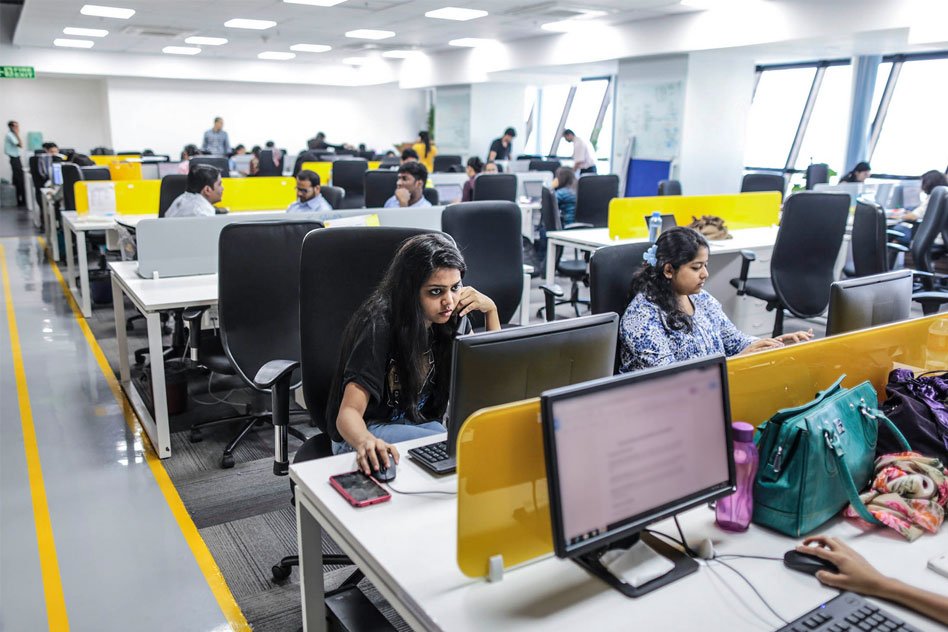
Sikkim Has The Best Working Conditions For Women, Delhi’s The Worst: New Report
21 Sep 2016 8:15 AM GMT
The northeastern state of Sikkim has been accredited of having the best working conditions for women, while the national capital Delhi ranked lowest, according to a report.
The report released jointly by the Centre for Strategic and International Studies (CSIS), a top American think-tank, and Nathan Associates, gave Sikkim 40 points while Delhi received just 8.5. This is a clear reflection of the state of affairs in the capital region.
The states were ranked according to four primary factors — legal restrictions on women’s working hours in factories, retail, and the IT industry; the responsiveness of the state’s criminal justice system to crimes affecting working women, such as sexual harassment; the number of women workers in the state as a percentage of total workers; and the number of incentives the state’s startup and industrial policies offer women entrepreneurs.
The report said, “The tiny northeastern state of Sikkim is the breakthrough state for women in the workplace, thanks to its high rates of female workforce participation, lack of restrictions on working hours of women, and high conviction rates for workforce crimes against women (albeit on a small sample size).”
Other states in the ranking
While Sikkim secured the best spot with a clear lead 40 points. The state was followed by Telangana (28.5 points), Puducherry (25.6), Karnataka (24.7), Himachal Pradesh (24.2), Andhra Pradesh (24.0), Kerala (22.2), Maharashtra (21.4), Tamil Nadu (21.1) and Chhattisgarh (21.1).
According to the report, four states — Sikkim, Karnataka, Andhra Pradesh, and Tamil Nadu — have removed all restrictions on women working at night in factories, retail establishments, and the IT sector.
Maharashtra allows women to work until 10 pm in retail establishments.
Delhi came last in the index of the report as it has relatively low justice and workforce participation scores. The capital has formal restrictions on women working at night in a wide range of sectors. The city also lacks any incentives for female entrepreneurs in its industrial policies.
India has an appalling 24% female workforce participation, the lowest in the world.
Women, not participating in the country’s workforce is a major impediment to the country’s growth. In 2015, a report by the McKinsey Global Institute estimated that India could add 16 per cent to its GDP in ten years if women participated in the workforce at the same rate as men.
Many states have laws limiting women’s working hours, and Indian women face harassment in the workplace, and while commuting, the report said.
 All section
All section













